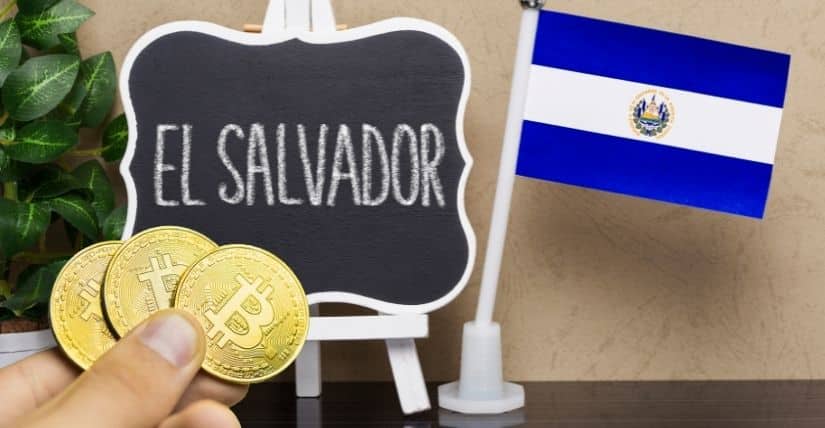
The International Monetary Fund (IMF) advised on Monday that El Salvador must not utilize Bitcoin as a legal currency due to the cryptocurrency’s hazards. Because of Bitcoin’s tremendous price fluctuations, using it as lawful money poses significant dangers to consumer safety, financial stability, and economic security. Its use creates financial contingent liabilities as well.
The IMF conducts Article IV missions to member nations daily to confer with government leaders before requesting IMF assistance. El Salvador became the first country to accept Bitcoin as legal money with the US dollar in September. Bukele declared in June that El Salvador was the first country to make Bitcoin legal currency as an exchange currency, and the Bitcoin Law was adopted three months later by the Legislative Assembly.
Using the acceptance of Bitcoin as legal cash, El Salvador has therefore become a world laboratory for cryptocurrencies. In recent months, the transparency in the acquisition of this crypto active with public dollars and identity fraud is becoming the legislation’s negative side. Bitcoin should never be utilized as a legal tender because of its hazards.
The staff advises restricting the applicability of the Bitcoin law and urging stronger regulatory oversight of the new financing ecosystem to safeguard consumers, combat money laundering and terrorist funding, and manage risks. The IMF declaration came just two days after El Salvador’s President Nayib Bukele revealed plans to establish the world’s first “Bitcoin city,” which will then be financed primarily using Bitcoin bonds.
The city would obtain its power from a volcano and collect no taxes other than a value-added tax. Bukele has advocated for using bitcoin, claiming that it will allow millions of Salvadorans working abroad to send payments home immediately. He also stated that it would promote access to financial services, business, tourism, and growth.
Even though they plainly disagree on several issues, like Bitcoin acceptance, the nation’s assessment is fascinating. The IMF also predicted that El Salvador’s market would grow by about 10 percent in 2021 and 3.2 percent in 2022 and that the Central American country’s budget deficit would reach 85 percent of GDP by the end of 2021.














